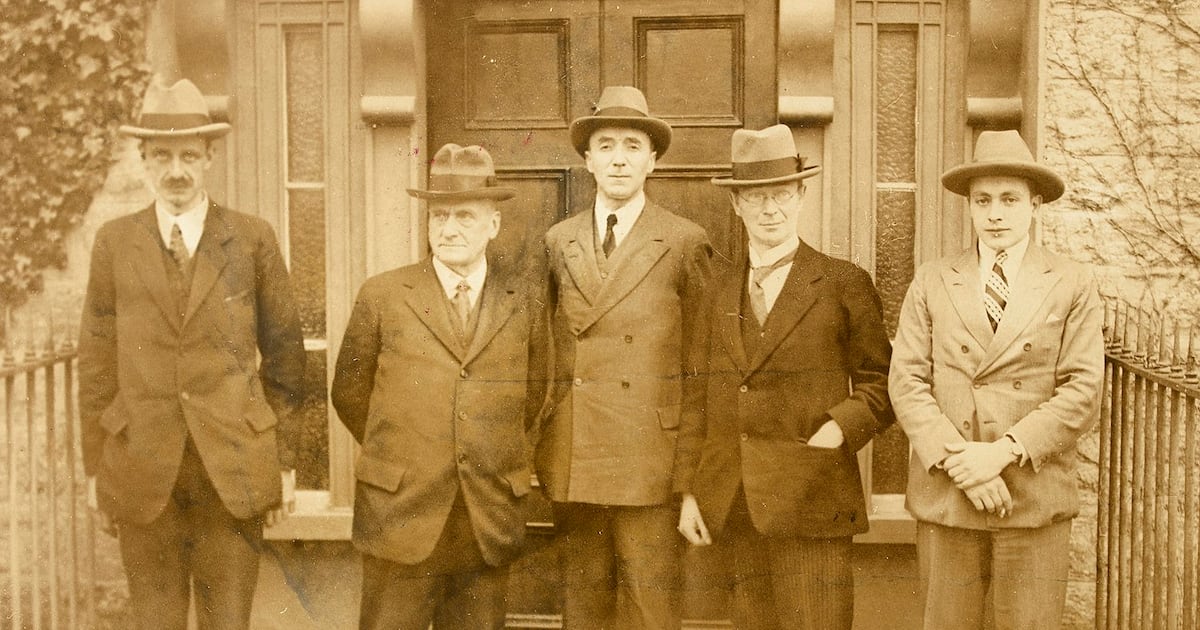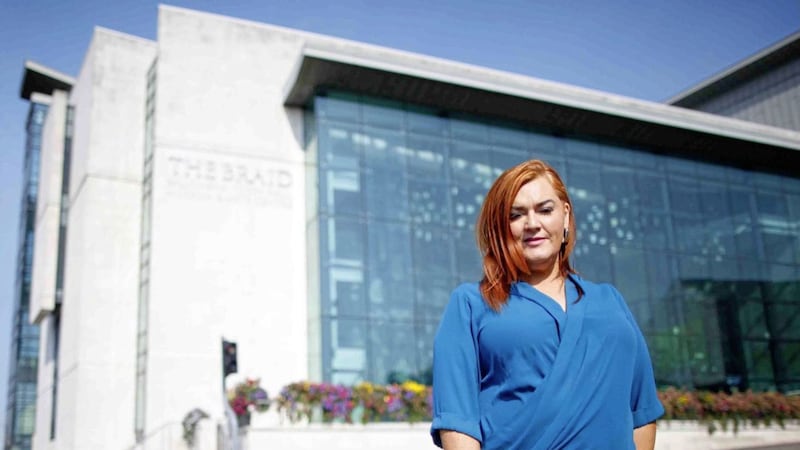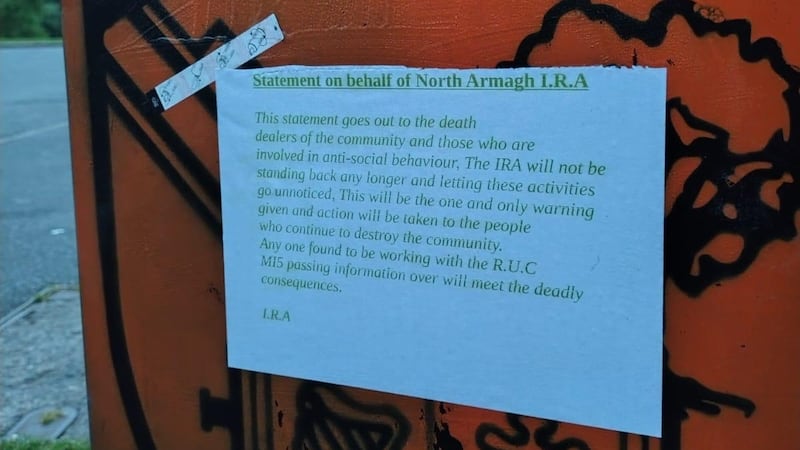July 2 1925
The Boundary Commissioners have finished their local sittings and gone to London to review the evidence far from the unsettling electricity of the Border regions. It is to be hoped they will continue to evince the laudable energy with which they plunged into and battled with their formidable undertaking in Ireland. This is all the more likely to be the case, because they will probably be undisturbed in their studies by any particular manifestation of political commotion. The serenity of atmosphere which, it is said, is sometimes responsible for the somnolence of Royal Commissions will in their case, it is to be desired, lend itself to a speedy conclusion of their investigation. The sooner the report is issued the better. If it were long delayed, there is a real danger that when it finally did appear, people might ask what it was all about. And it would be a pity to be obliged, in order to satisfy the curiosity, to start the controversy all over again. The Commissioners have our very best wishes for a satisfactory solution of the Border problem, and our congratulations on having covered so much ground with such dispatch.
Irish News editorial lauding the scale of the work completed by the Boundary Commissioners who interviewed over 575 witnesses from early March to early July 1925. The newspaper was very critical of the shambolic way the Boundary Commission collapsed at the end of the year, though.
***
Irish in Tirconaill
The Irish language does not seem to be thriving in Irish-speaking Donegal, to judge by the evidence given at the Gaelic Commission today by Mr Padraig Mac Seain, of Glencolumcille. The school children, he said, were receiving a very good knowledge of Irish in schools, but as they grew up they were losing that knowledge because they were not making use of it in the home, and for that reason the knowledge that they got in the home would soon disappear. Unless the language was saved in the Gaeltacht – it would die in spite of their efforts. To remedy this state of things he suggested compulsory attendance at school, and that special privileges should be given to children who went to school with a knowledge of Irish from the start, and who do not speak English.
Even though Donegal had one of the highest rates of Irish speakers in Ireland, those speaking Irish in the county declined from the time of the 1911 census to the one taken in 1926.


